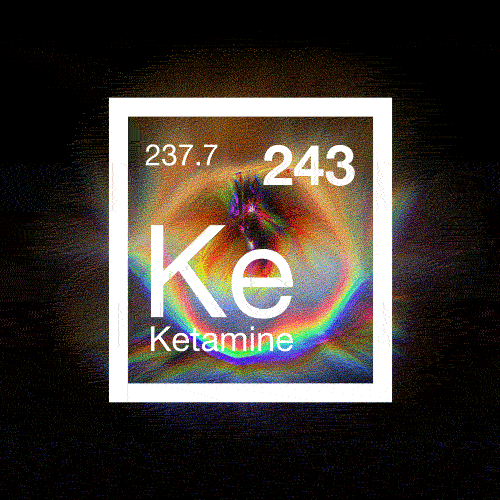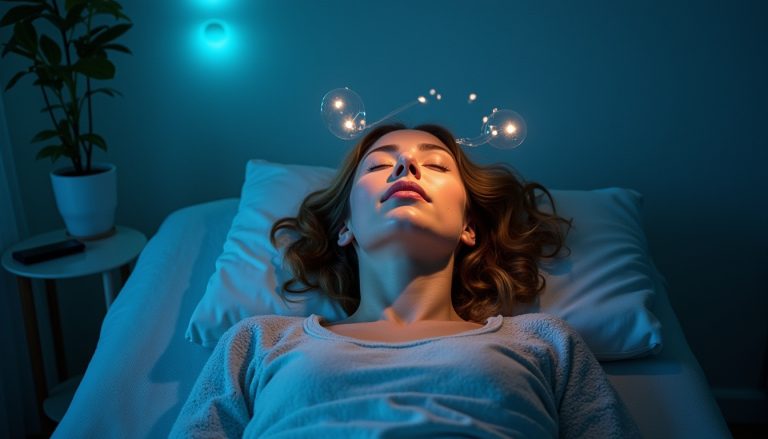Ketamine for Anxiety: Benefits and Insights

Ketamine for Anxiety
Anxiety disorders can be debilitating, affecting various aspects of life and often resisting traditional treatments. Ketamine, an innovative therapy originally used as an anesthetic, is now gaining recognition for its potential benefits in treating anxiety disorders. This blog explores how ketamine works for anxiety, its benefits, and what you should know before starting treatment.
How Ketamine Affects Anxiety
Ketamine’s mechanism for treating anxiety involves its impact on the brain’s glutamate system. Unlike traditional anti-anxiety medications that target neurotransmitters like serotonin, ketamine primarily interacts with NMDA (N-methyl-D-aspartate) receptors, leading to increased glutamate release. This process promotes synaptic plasticity and the formation of new neural connections, which can help reduce anxiety symptoms. Learn more about ketamine’s effects.
Benefits of Ketamine for Anxiety
- Fast-Acting Relief: One of the key benefits of ketamine is its rapid onset of action. Many individuals experience significant reductions in anxiety symptoms within hours or days after their first treatment, unlike conventional medications that may take weeks to show effects.
- Effectiveness for Treatment-Resistant Anxiety: For those who have not responded to traditional treatments, ketamine offers a promising alternative. It has demonstrated efficacy in reducing symptoms in individuals with treatment-resistant anxiety disorders.
- Improved Overall Well-Being: Beyond reducing anxiety symptoms, ketamine can also enhance overall emotional well-being. Patients often report improvements in mood, cognition, and daily functioning following treatment.
What to Expect During a Ketamine Session
Ketamine can be administered in several ways: intravenously (IV), intranasally (nasal spray), or orally. The choice of administration depends on your treatment plan and healthcare provider’s recommendation. During the session, you may experience temporary sensations of dissociation or altered perception. These effects are generally short-lived and monitored by your healthcare provider to ensure safety.
Post-Treatment Care
After a ketamine session, it’s important to rest and avoid any strenuous activities. You might experience some mild side effects, such as nausea or dizziness, which usually resolve quickly. Keeping track of any changes in your anxiety symptoms and discussing them with your healthcare provider will help optimize your treatment plan.
Conclusion
Ketamine presents a promising option for treating anxiety disorders, particularly for those who have not found relief with traditional therapies. By understanding how ketamine works and what to expect, you can make an informed decision about integrating it into your treatment regimen.
Use promo code buyket to receive 10% off your first order.
Shop now for ketamine products and services at Buy Ketamine Canada.






